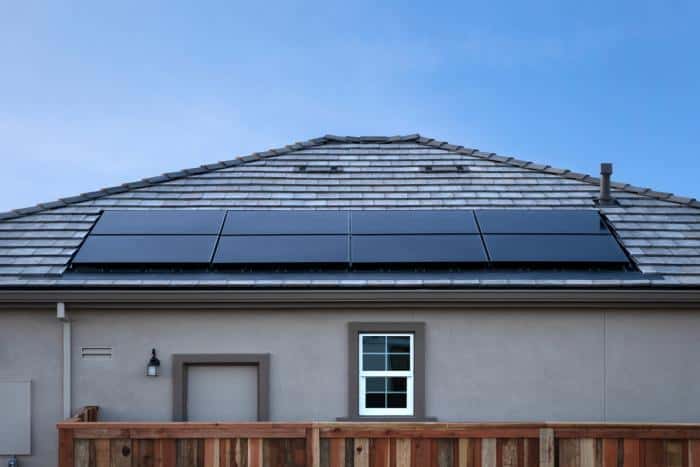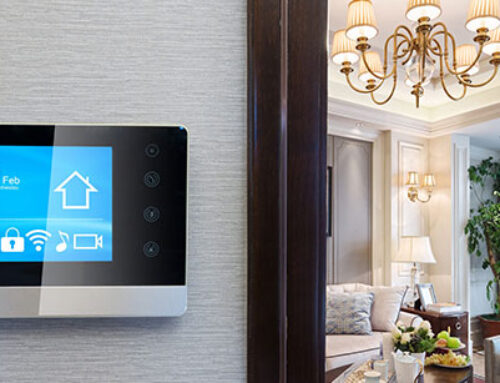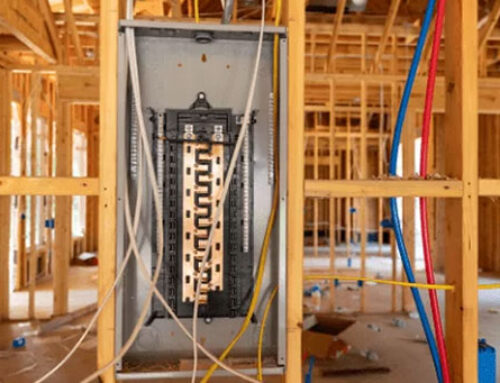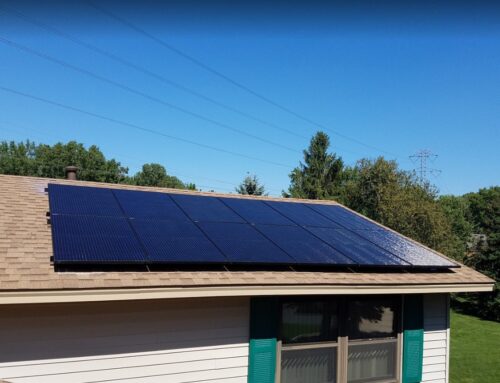A well-designed solar system can meet the majority of the electricity needs for a homeowner, but there are times when power needs to be pulled from the grid. Despite the fact that many energy providers offer net metering, which pays for the electricity the local power company uses, not all solar homeowners have access to it. Having a backup supply of electricity can provide power during outages like PG&E’s Public Power Safety Shutoffs and can also provide more electricity cost savings.
Let’s face it, emergencies happen. Nevada wildfires, rolling blackouts, and power outages happen. Most people are unaware that PV solar-powered homes frequently connect to the grid. During an outage, these homes are shut down, along with everyone else, to ensure the safety of utility workers. Backup power is needed to keep the lights on and your refrigerator running, and the two main ways to achieve that are with a generator or a solar battery for a solar system.*
While generators have been a common backup for grid outages for decades, solar batteries are now a more viable option for homeowners to consider. Here are the factors to consider:
Size
The “whole-house” generators needed to power homes over time are bigger than their portable cousins—roughly the size of a typical HVAC unit. But that can vary depending on the size of your house and its electrical needs.
Synergy 768’s solution, the SunVault™ Storage system, comes in two sleek, aesthetically pleasing boxes: the SunVault battery and the Hub+™. Typically located in a utility room or garage, the larger box is slightly smaller than a refrigerator and stores excess energy not used throughout the day. The smaller box features intelligent software that gives homeowners the option to control when and how their stored solar energy is used.
Advantage: Solar battery
Noise
Whole-house generators usually make less of a racket than portable ones, but they can still be loud. For the quietest ones, imagine a motorcycle engine running nonstop. Solar batteries are silent.
Advantage: Solar battery
Fuel
Generators run on natural gas, gasoline, or liquid propane—all fossil fuels that pollute the air. Solar batteries run on stored-up solar power and reduce your carbon footprint.
Advantage: Solar battery
Cost
A generator can cost anywhere from $2,000 to $30,000, though most are at the low end of that range. Once a generator is installed, the owner still has to pay for regular maintenance and fuel. Solar batteries have little or no maintenance costs, and the fuel is solar energy from the sun. There’s an unlimited amount of sunlight, so the battery can keep recharging and powering your home. On top of that, the U.S. government offers incentives for buying a solar battery storage system, and so do some state and local governments. Usually, there are no tax incentives for buying generators.
Advantage: Solar battery






